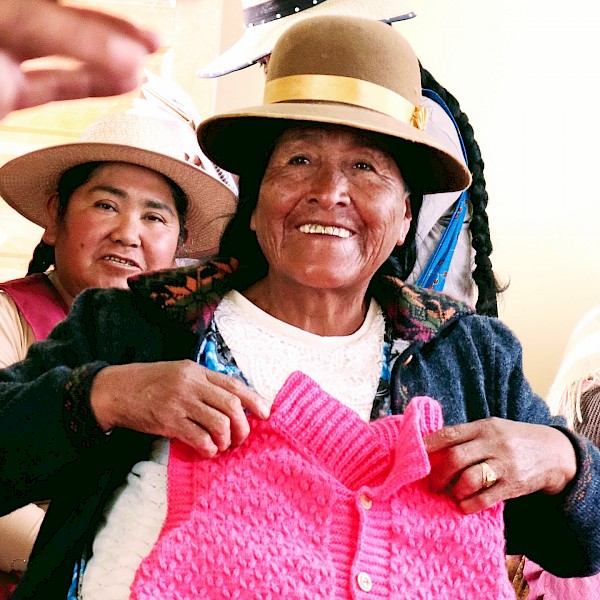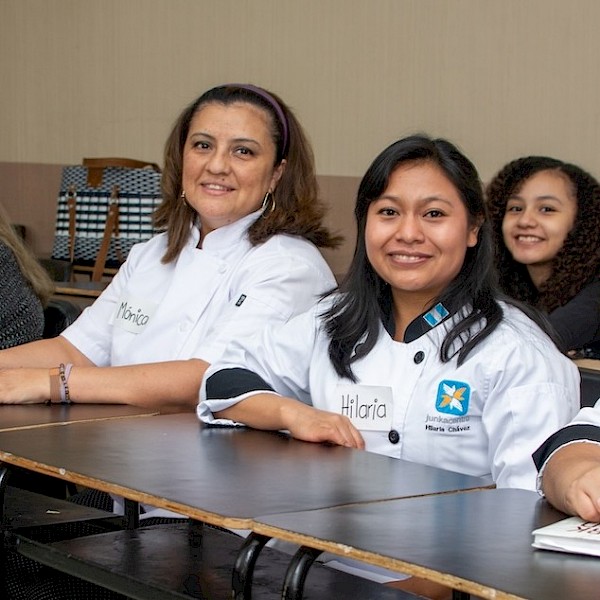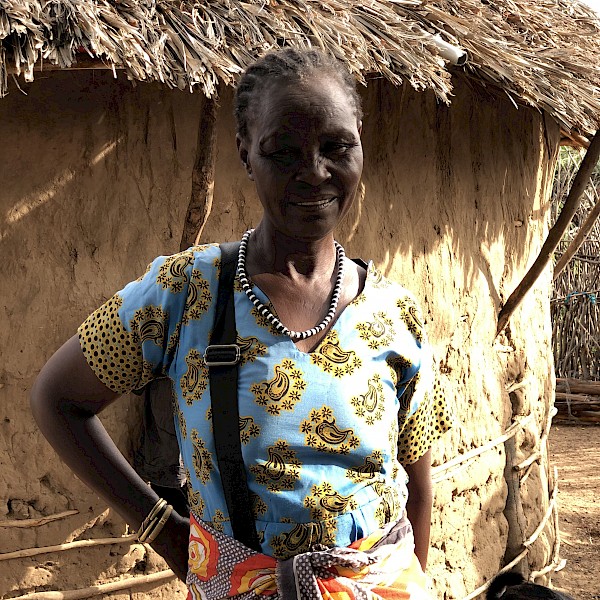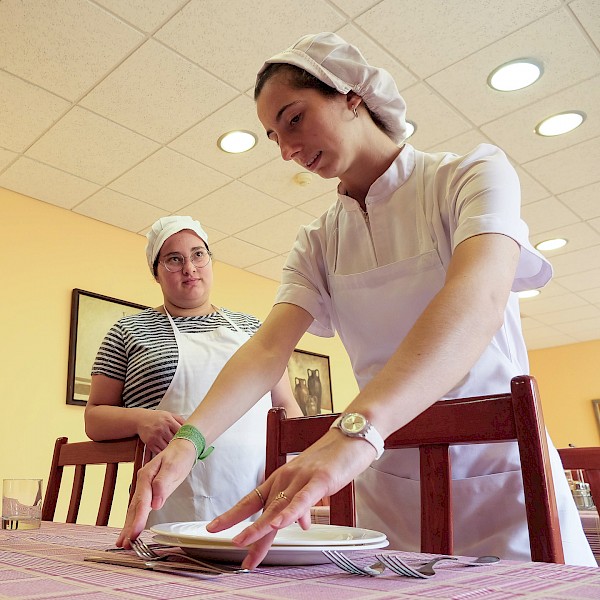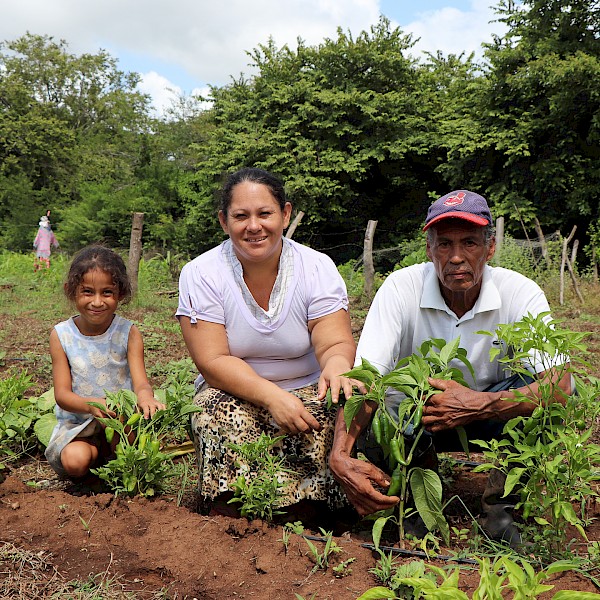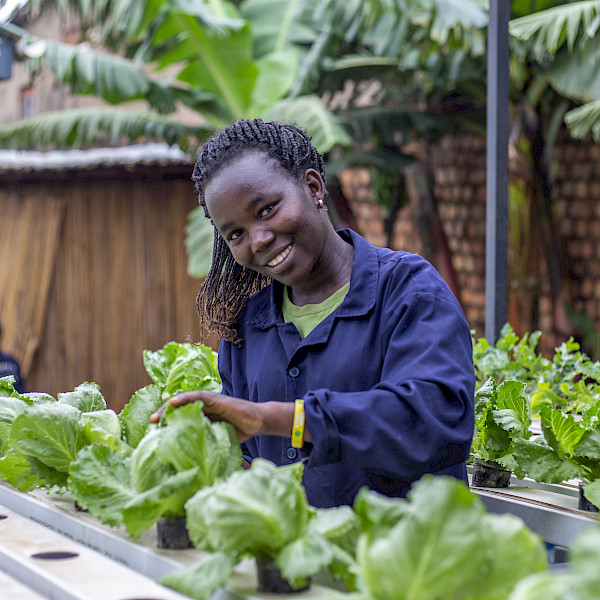Uganda
Elevating Women and Youth through Vocational Education in Uganda

Duration
2025 – 2028

Budget
465 000 €

Beneficiaries
Women and youth



Equality Through Vocational Education
Inter-Cultur, in collaboration with the Companionship for Work Association (COWA), has launched a comprehensive project aimed at enhancing gender equality, improving education quality, and fostering economic empowerment.
The project "Elevating Women and Youth through Vocational Education in Uganda" aims to enhance gender equality and technological empowerment for women and girls by raising community awareness, improving ICT access, and establishing mentorship programs. It seeks to transform learning environments and educator capacities in partner schools through professional development and infrastructure upgrades, resulting in better educational outcomes. Additionally, the project focuses on economically empowering youth through vocational training aligned with market demands and expanding COWA's production units to boost employment opportunities, thereby increasing job readiness and economic well-being for women and youth in Kampala.
This project has been funded by the Ministry for Foreign Affairs of Finland.
Key Achievements and Outcomes
- Implemented Gender Equality Programs: Engaged community leaders and members in transformative programs to promote gender equality.
- Improved ICT Access for Women: Enhanced digital literacy and technology skills among women and girls through integrated ICT training.
- Enhanced Professional Skills of Educators: Offered advanced training programs to improve teaching methods and professional status.
- Upgraded Learning Facilities: Renovated essential training spaces to support practical learning in hospitality and carpentry.
- Aligned Vocational Training with Market Demands: Ensured vocational training relevance and employability for women and youth.
- Expanded COWA's Production Units: Developed strategic plans to expand production units, creating more employment opportunities.
Countries
Bolivia
Home to the Andes mountains, Bolivia faces challenges such as poverty and environmental concerns, particularly among its indigenous populations. Our partnership with AYNI focuses on vocational training, literacy, and sustainable agriculture, aiming to empower marginalized communities and women.
Guatemala
In Guatemala, a country known for its rich indigenous heritage, we address the needs of women in disadvantaged situations through Fundación Junkabal. Our initiatives in vocational training and micro-entrepreneurship are designed to uplift women and advocate for human rights.
Kenya
Kenya's diverse landscape is the backdrop for our efforts to tackle poverty and unemployment in the country. Examples of our work include offering vocational education in Nairobi's slums through SET and Eastlands College of Technology, and improving the agricultural activities of rural women in Turkana County, both aiming to improve life quality and employment prospects with an integral formation model.
Lebanon
Lebanon, with its millennia-old heritage, navigates through profound economic crises and a significant refugee presence. In response, our partnership with PRODES and IMS is dedicated to empowering women through vocational training in hospitality, tourism, and gastronomy, equipping young women from rural areas for better prospects.
Nicaragua
Nicaragua, with its dramatic volcanic landscape, faces social unrest and economic difficulties. Our work with ANDECU supports women by investing in vocational training centers and micro-business resources, empowering them to improve their income levels and overcome challenges in their families and communities.
Uganda
Uganda, known for its diverse landscapes and rich cultural heritage, faces socio-economic disparities and gender inequality impacting vocational education access. Partnering with COWA, we provide women and youth with vocational training and technological empowerment to boost employment opportunities and economic independence, promoting gender equality and sustainable development.
